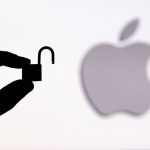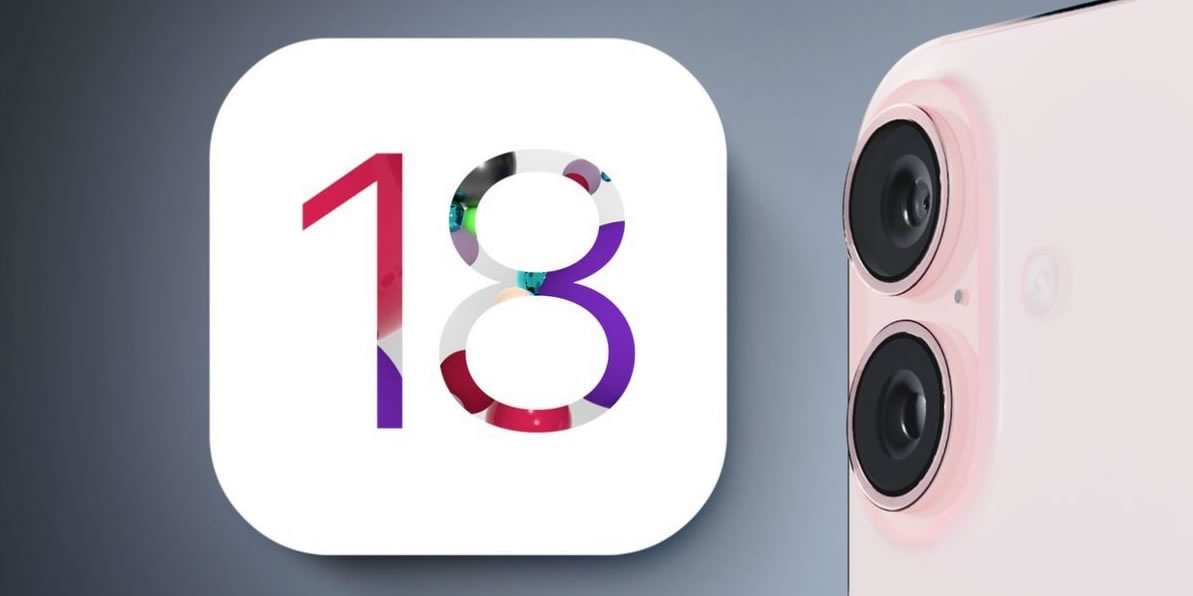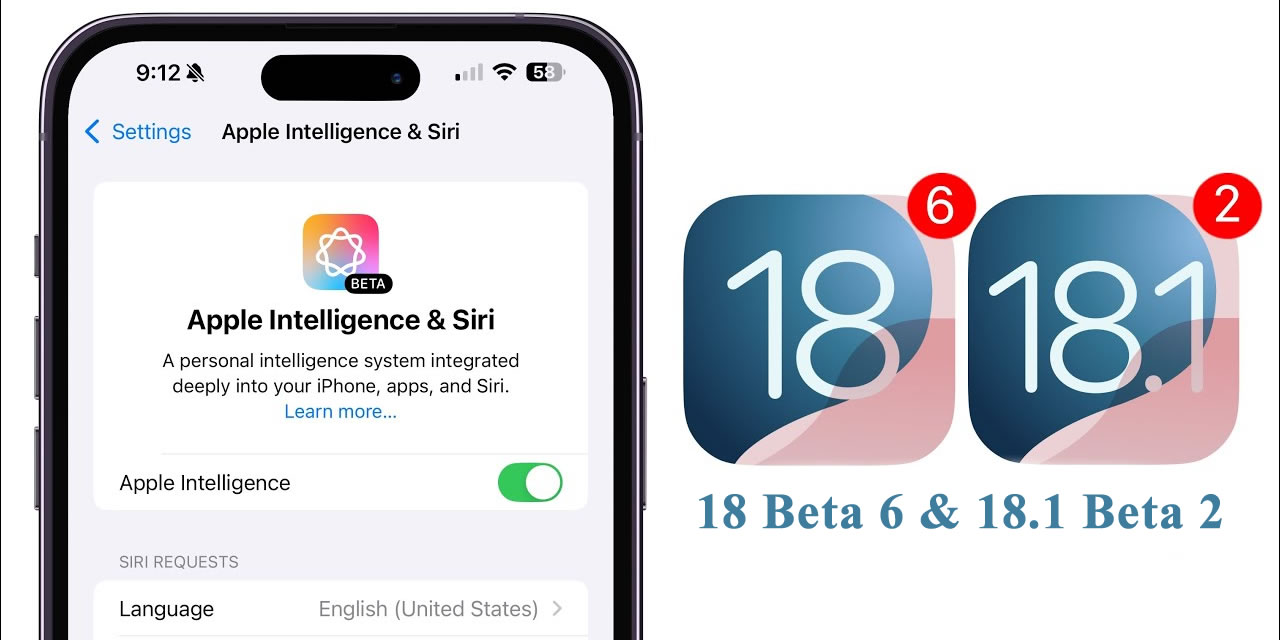In response to user outcry, technology giant Apple has initiated compensatory payments as a result of a class-action lawsuit filed in the United States. This legal battle centers on Apple deliberately slowing down iPhones, a practice referred to as “planned obsolescence,” which prompted the court to order the company to compensate affected customers.

Apple’s Legal Obligation to Compensate
Apple faced legal consequences when convicted in a U.S. mass lawsuit for deliberately slowing iPhones. However, starting in January, the company began compensating affected customers as mandated by the law. This obligation resulted from accusations that Apple intentionally impaired performance in certain iPhone models with aged batteries. Moreover, the legal action highlighted a strategy implemented by the company. As a result, Apple found itself on the wrong side of the law in this case. Nonetheless, since January, compensations have been initiated to rectify the impact on affected customers.
User Compensation and Social Media Revelations
Reports from disgruntled users who participated in the class-action lawsuit indicate that Apple has started compensating them. Two users shared on their social media accounts that they received $92.17 per claim. This development is a significant step towards rectifying the discontent among iPhone users affected by the deliberate slowdown.
The Genesis of the Lawsuit
The lawsuit was filed in December 2017 shortly after Apple publicly admitted to deliberately reducing the maximum performance of iPhone models with chemically aged batteries. The company claimed that it implemented this measure to prevent unexpected shutdowns of the devices. The revelation led to accusations of fraudulent behavior as Apple had not transparently disclosed this power management feature, a claim that ultimately fueled the legal action.
Apple’s Power Management System and Apology
Apple introduced its power management system with the iOS 10.2.1 update. However, the company faced accusations of fraud for not openly communicating the system’s functionality. Apple later apologized to its users, acknowledging their oversight. Moreover, in 2018, Apple temporarily lowered the price of iPhone battery replacements to $29, seeking to ease the situation.
Eligibility for Compensation
Owners of iPhone 6, 6 Plus, 6s, 6s Plus, 7, or 7 Plus, running iOS 10.2.1 or iOS 11.2, purchased before December 21, 2017, are included in the class-action lawsuit. Those users who encountered performance problems and submitted compensation claims to Apple before October 2020 qualify for payments. However, meeting these criteria doesn’t guarantee immediate compensation. Therefore, affected individuals must follow the legal process to secure their entitled payments. Furthermore, the settlement is a significant step towards addressing consumer grievances and ensuring fairness. Consequently, this legal action underscores the importance of consumer rights and corporate responsibility in the tech industry.
iOS 10’s Role in Planned Obsolescence
The planned obsolescence scheme became apparent with the release of the iOS 10 operating system. Launched in 2017, the iOS 10.2.1 update intentionally limited the processor performance of iPhones with aging batteries to a certain threshold. This measure aimed to prevent unexpected shutdowns caused by deteriorating batteries.
Key Takeaways
Apple’s compensation for affected users signifies a pivotal moment in the planned obsolescence debate. However, the lawsuit and subsequent compensation highlight the crucial role of transparency in tech companies. Moreover, they underscore the importance of ethical conduct and fair treatment of consumers. As a result, the legal episode’s impact on industry standards and consumer trust remains uncertain. Furthermore, the evolving technology landscape will likely be shaped by this significant legal development. Finally, it prompts reflection on the broader implications for technology companies’ accountability and practices.
















